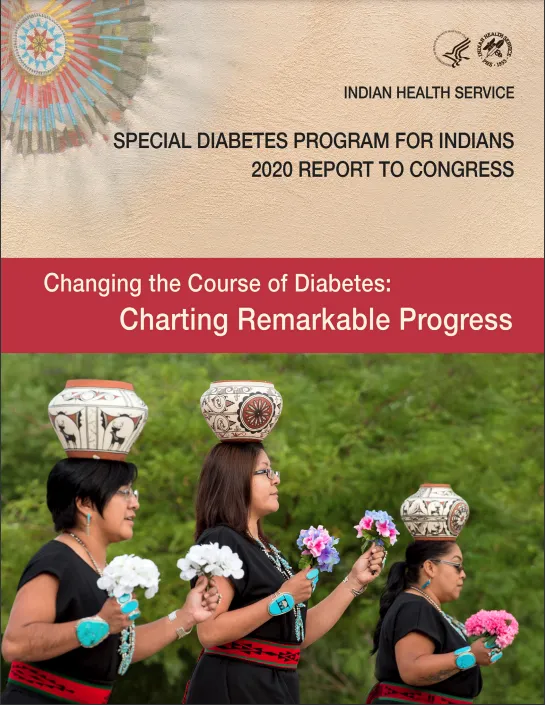American Indian and Alaska Native (AIAN) women are experiencing an alarming rate of maternal mortality: they are three to four times more likely than white women to die of complications related to pregnancy and/or childbirth. Moreover, AIAN women experience a higher rate of severe maternal morbidity, including a preterm labor rate and an obstetrical hemorrhage rate (bleeding that occurs before, during or after childbirth) that is more than twice that of white women.
Context
Adverse maternal health outcomes are, in part, due to the historical trauma of systemic racism, colonization, genocide, forced migration, reproductive coercion and cultural erasure. AIAN women also experience systemic barriers that create unequal social conditions relative to white women. For example, AIAN women are more likely than white women to experience high levels of poverty, live in hazardous conditions, experience food insecurity and lack access to health insurance. They are also more likely than white women to experience sexual and interpersonal violence, and the historical trauma of systemic racism is linked to the disproportionately high levels of behavioral health problems that many AIAN women experience. Furthermore, the history of forced sterilization and infant separation policies has led to distrust between AIAN women and their care providers, making it hard to establish meaningful physician-patient relationships.




